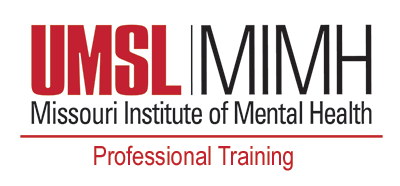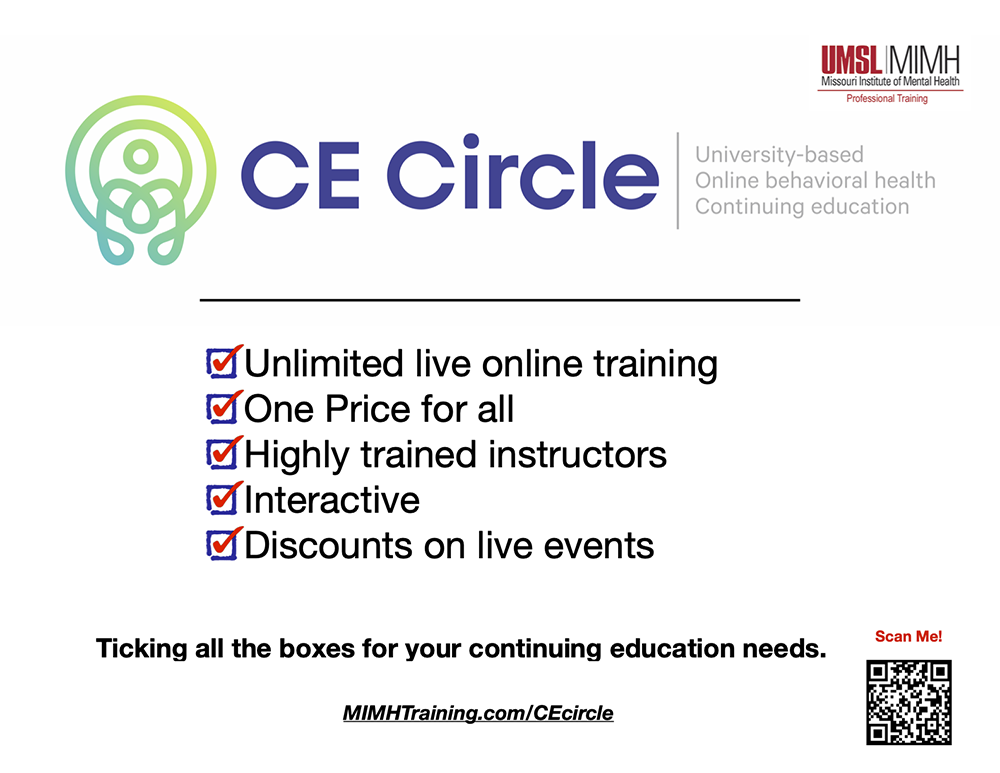Intimate Partner Violence Part 2: Creating Opportunities to have Conversations about it
| Purchase This Training:
DVD for $25 |
[tab:Details]
Description:
Intimate partner violence and abuse is rooted in a power imbalance between individuals, within families and in society. When one person is controlled and/or considered less worthy than another one – because they are a vulnerable person or part of a vulnerable population – there is the potential for abuse. That is why we all need to work to prevent violence and to build a society where abuse of power is not tolerated. By seeing intimate partner violence and abuse for what it is — a crime — we can all take responsibility and work together as a community to stop the violence.
The Intimate Partner Violence series provides participants with an opportunity to increase awareness of this public health issue. During the first session, the framework is laid for an understanding of intimate partner violence and its cycle of hurts. The second session offers participants the opportunity to identify and practice techniques to be used to develop a safe, collaborative approach of the issue for the survivor.
Research has shown that intimate partner violence survivors are often judged, not believed and blamed by professionals, so it is no wonder that survivors are hesitant to bring up the violence. Often people who experience intimate partner violence lack a support network. They may have only health care providers or social service workers to turn to for help.
In Intimate Partner Violence Part 2, pparticipants will use a strength-based model to assist in developing healthy relationships with a survivor in order to develop non-confrontational approaches with them.
Release Date:
9/22/2014
Duration:
30 minutes
[tab:Presenter]
Presenter:
Belinda James is a passionate advocate for children, youth and families. A native of St. Louis, Missouri, she received her Bachelor of Arts degree in Psychology from Southern Illinois University at Edwardsville, a Master degree from The Brown School at Washington University in St. Louis, a Missouri Family Development Credential from the University of Missouri – Kansas City and certification in Trauma Focused Cognitive Behavioral Therapy from the Medical University of South Carolina.
For the past 17 years, Belinda has been facilitating youth leadership programs, sexuality education sessions and parent education workshops as well as staff development training in the areas of mental health 101, communication, customer service, group dynamics, motivational interviewing, the art of de-escalation, and trauma recovery. She has also taught in the field of social work as an adjunct instructor at the Brown School of Social Work.
She is currently the Chief Executive Director of Project DEAMHI, Inc., whose mission is to provide opportunities for discussion, education and awareness of mental health issues. In addition, she counsels women who are homeless, pregnant and may have dual diagnosis issues of mental health and chemical dependency and/or extensive trauma backgrounds.
[tab:Accreditation]
Accreditation
The University of Missouri, Missouri Institute of Mental Health will be responsible for this program and will maintain a record of your continuing education credits earned. MIMH will award 1 clock hour or 1.2 contact hours (.1 CEU) for this program. MIMH credit will fulfill Clinical Social Work and Psychologist licensure requirements in the State of Missouri. Attendees with licensure from other states are responsible for seeking appropriate continuing education credit, from their respective boards for completing this program.
License information for Missouri residents: http://pr.mo.gov/professions.asp
[tab:END]







